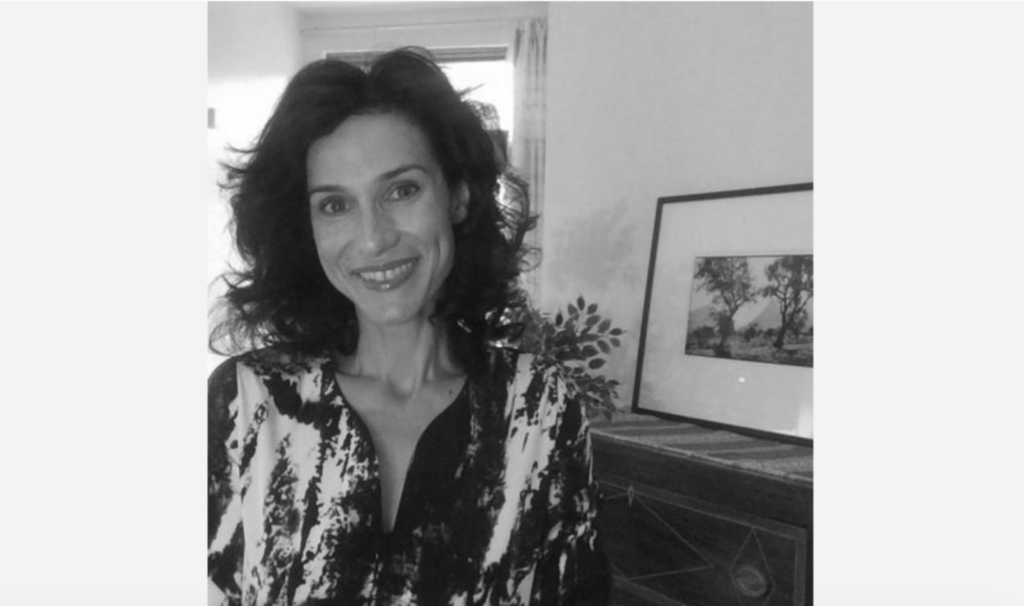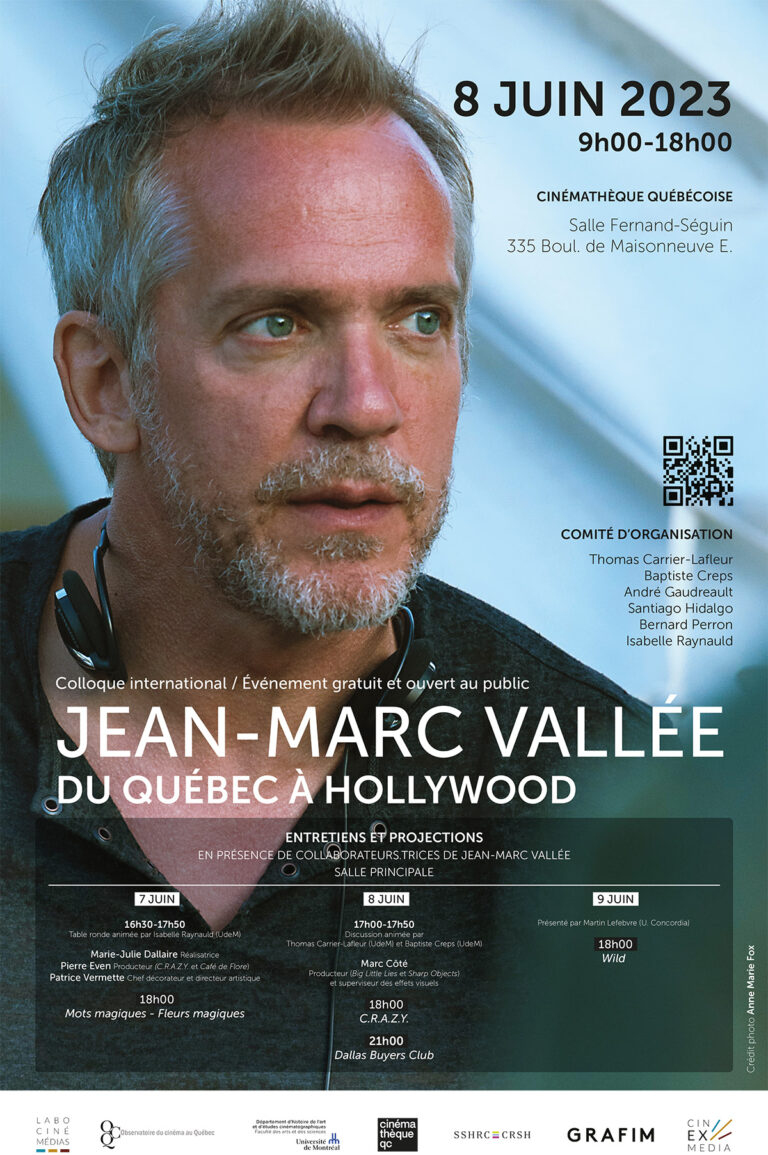For the researcher Alanna Thain, member of the cinEXmedia partnership, it should be possible to carry out university research off campus, directly amidst the people it concerns.

Hugo Jacquet
Alanna Thain first studied literature and then discovered that cinema more fully met her research interests. For her, the analytical way of looking at literary creation she had to adopt harmed her enjoyment of literature. With film, she believes she has been able to do the opposite: “In my career, cinema studies has always been connected to cultural studies and gender studies, meaning that it is opposed to the idea that specialists can adopt an objective distance from the subject of their research. We accept the idea that the subject concerns us”.
Thain’s interest in cinema from an interdisciplinary perspective led her to join cinEXmedia. In the work she carries out as part of the partnership, she sees media “as a way of living with various health problems, in particular sleep disorders, without resorting to medical care or to other ‘pathologising’ procedures”. Some of the topics she explores include the daily practices of people who use the media arts as therapy – by watching a film or turning on the radio in order to sleep better, for example. In this respect, she is delighted that the arts are not “stigmatising” like the clinical milieu and that they can be experienced at home, as a form of self-care.
The Importance of Letting Go
Sleep, moreover, is at the centre of a research-creation initiative that Thain headed from 2021 to 2023. Entitled The Sociability of Sleep, her project examined the social function of sleep: “We were inspired by the project Meet to Sleep (2008) by Jasmin Patheja, an Indian feminist activist who proposed to queer people that they meet up to sleep together in public places. She wanted to show that the participants could take this risk, despite the threat of sexual aggression, for example. For my part, I worked on the urban night in Montreal, asking myself how the homeless, deprived of space of their own, might sleep day or night away from people’s gaze. In fact we no longer wish to treat sleep as an individual problem, but as a collective phenomenon. The audiovisual media provide us with a framework for exploring this form of sociability”.
Alanna Thain remarks that she also studies the movements of bodies, and in particular the importance of letting go: “We don’t realise all the things beyond our control that we do with our bodies. In dance, movements are often sequenced, 1-2-3-4. When we drop this division, we can explore other expressions, other movements”. But to lose control is to show one’s vulnerability. Thain champions this “right to risk” in her approach to cinema.
It was for this reason, among others, that she has surrounded herself with numerous other researchers in the Collective for Research on Epistemologies and Ontologies of Embodied Risk (CORERISC) in order to explore the notions of danger and vulnerability in horror films. “We don’t want to see danger as simply something to avoid. To live a complete life means to have the right to take risks. This is why I study horror cinema, for the perspectives it offers on this question and on the world in general”.
From Science to Activism
Alanna Thain’s work overlaps several domains and always thinks about its subject according to its political context. But despite her interest in feminist practices in the media arts, in the social role of sleep, in the body and in risk, does not see her research work as an activist gesture. “It is not the subject you address which makes you what you are”, she says. “One isn’t a feminist because one works on feminism. You have to want to find a place for our research somewhere other than in scholarly journals. You have to converse with other people. I teach very contemporary things, so I invite my students to get off campus and encounter other resources, other actors to broaden the conversation”.
Thain nevertheless regrets that funding bodies place “more and more restraints on project funding”. She explains, therefore, that she wants to find “the right spot”: there is a place for expertise, and another for the personal. The value of research does not depend on its accessibility to the general public. At the same time, however, we cannot remain shut up in a small community of experts. This is also why I’m interested in joining cinEXmedia: we’re going to seek out other audiences. I’m going to get out of my usual framework, and that interests me a great deal”.

